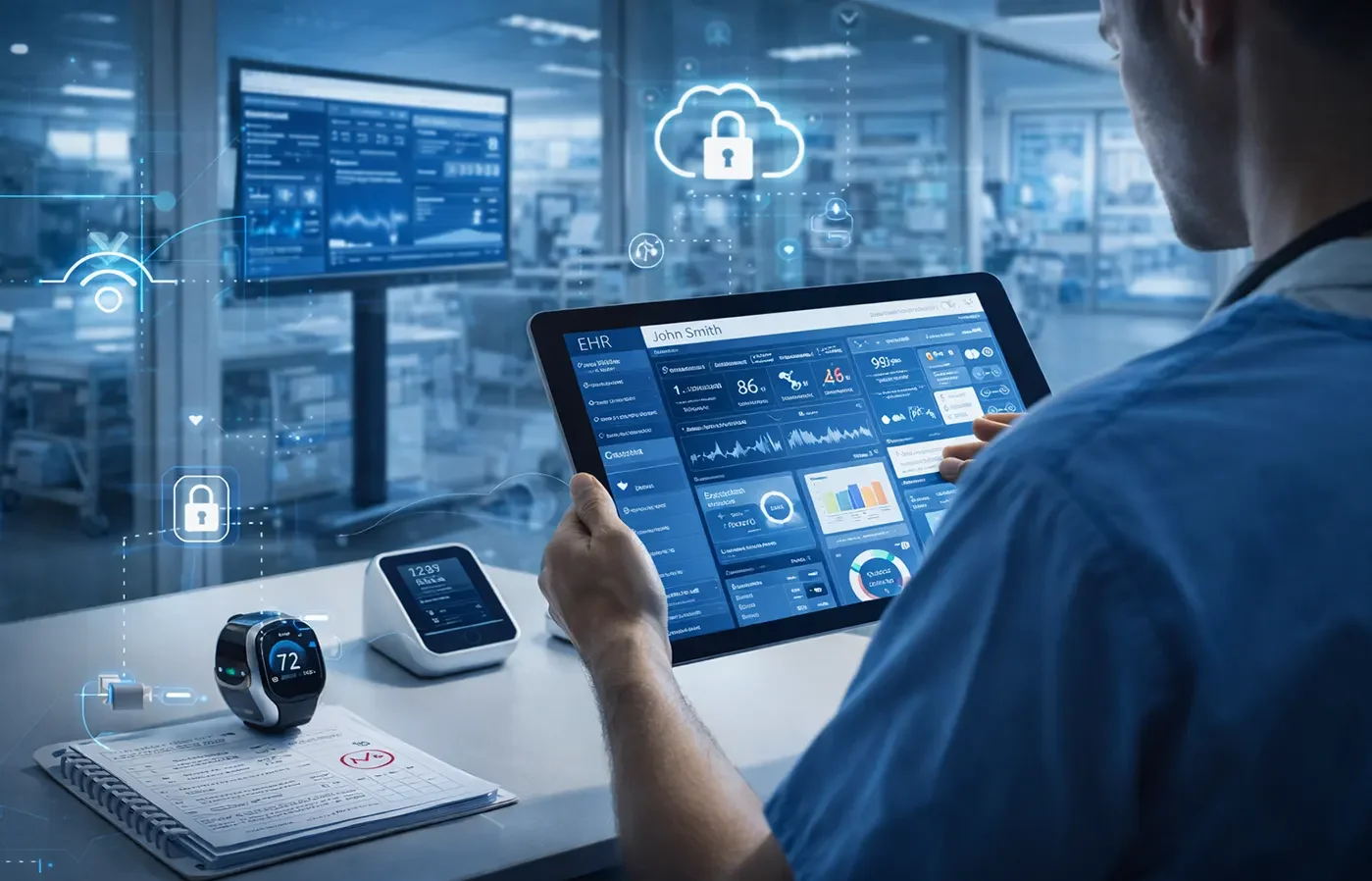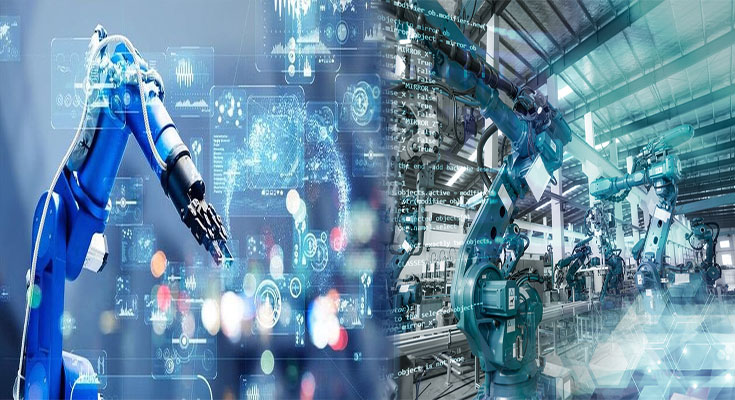Robots have become increasingly important in manufacturing. They’re faster, more efficient and more flexible than humans, and they can be reprogrammed on the fly. That’s why companies like Toyota are investing heavily in new robotics technology that allows them to reduce costs while maintaining quality control standards. But what does this mean for the future of supply chains? If you’re looking to create a more sustainable, efficient supply chain and manufacturing facility, implementing industrial robots could be your best option.
In recent years, industrial robots have been used in a variety of ways, from manufacturing cars to assembling electronics.
In recent years, industrial robots have been used in a variety of ways, from manufacturing cars to assembling electronics. The automotive industry has been using robots for decades now, as well as the electronics industry and even food manufacturers.
Robots can be programmed to perform many different tasks with precision and speed that humans simply cannot match. While it’s true that these machines require programming before they can work on their own, once you’ve set up your robot correctly it will run through its programmed routine without needing further human intervention until its next scheduled maintenance session or upgrade update (which can usually be done remotely).
Because they’re so easy to program and operate remotely via smartphone app or computer interface, there are now many different types of industrial robots currently available on today’s market–some more complex than others depending on what kind of job they’re designed specifically for doing best!
To succeed in the new world of manufacturing, companies will need to integrate robots into their supply chain.
The ability to do more with less is critical for companies that want to succeed in the new world of manufacturing. Robots are more flexible than humans, can be reprogrammed on the fly, and generally cost less than humans. They also work 24/7 without complaining about their workload or taking sick days.
Robots are able to lift heavy objects which means they’re ideal for tasks like assembling cars or packing boxes at a factory where there may be several tons of metal lying around waiting to be moved into place by hand (or by human back).
Robots are more flexible than humans and can be reprogrammed on the fly.
Robots are more flexible than humans, and they can be reprogrammed on the fly. For example, an industrial robot that is designed to weld cars may be reprogrammed to assemble electronics or cook food. These machines are also built with sensors that allow them to adjust their movements based on how much weight is being lifted by the arm of the machine, allowing it to complete tasks more efficiently and safely than humans could ever hope for.
Robots have been a part of the automotive industry for years.
Robots have been a part of the automotive industry for years. In fact, they’ve been around since the 1950s and are used primarily in manufacturing plants to help assemble cars, trucks and SUVs.
Automotive manufacturers use robots because they can perform repetitive tasks quickly with precision and consistency–and without error. They also allow manufacturers to increase their production volume while reducing costs at each step along the way.
If you’re looking to create a more sustainable, efficient supply chain and manufacturing facility, implementing industrial robots could be your best option.
If you’re looking to create a more sustainable, efficient supply chain and manufacturing facility, implementing industrial robots could be your best option.
Industrial robots offer numerous benefits that humans simply can’t provide: they’re more efficient, capable of doing things that humans can’t do (such as working in dangerous environments), and can be reprogrammed on the fly if necessary. They also provide flexibility in terms of what tasks they’ll perform–you won’t need multiple workers with different skill sets when one robot can handle it all!
Robots are here to stay. They’re the future of manufacturing, and the sooner you can embrace them, the better off your company will be.





